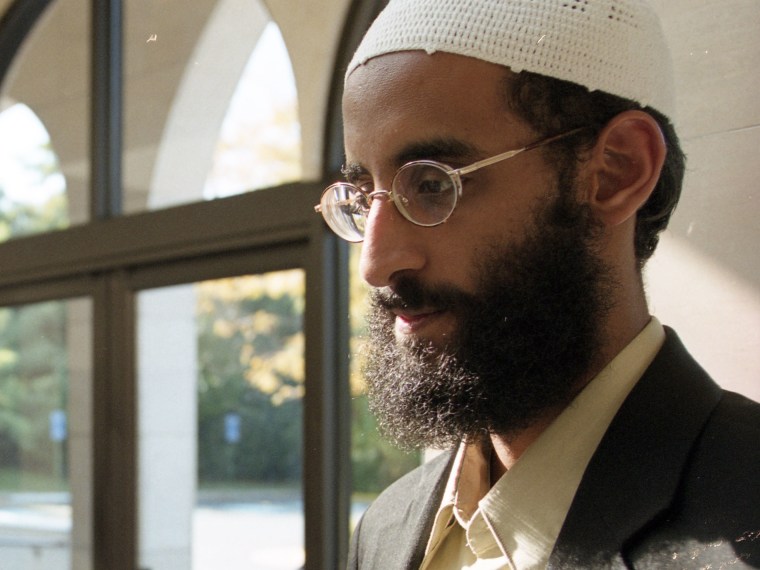President Barack Obama did not once mention drones in Tuesday night's State of the Union Address—at least not by name. However, he did hint that the United States' controversial targeted killing campaign might wear on indefinitely.
"Where necessary, through a range of capabilities, we will continue to take direct action against those terrorists who pose the gravest threat to Americans," said Obama.
Targeted killings, particularly of American citizens, have come under increased scrutiny lately, following the revelation of a Justice Department white paper which defends the legality of killing Americans extrajudicially if they pose “an imminent threat of violent attack.” Potential CIA director John Brennan, known by targeted killing critics as the president's "assassination czar," recently had to defend drones and targeted killings at his confirmation hearing.
While Obama stood by "direct action" in his speech, he also seemed to invite congressional oversight. "I recognize that in our democracy, no one should just take my word that we're doing things the right way," he said. "So, in the months ahead, I will continue to engage with Congress to ensure not only that our targeting, detention, and prosecution of terrorists remains consistent with our laws and system of checks and balances, but that our efforts are even more transparent to the American people and to the world."
The key word there may be continue. Though the administration has been intensely secretive regarding targeted killings—even insisting in court that it had never "officially acknowledged" responsibility for killing U.S. citizen Anwar al-Awlaki—recently the White House has disclosed some classified documents about the program to Congress.
Mother Jones national security reporter Adam Serwer was unimpressed with the president's pledge, writing, "Obama's past record, however, suggests that his promises of transparency will be unmet, and his promise to 'continue to engage with Congress' implies that he believes his administration is already meeting most of its transparency obligations."
It also remains to be seen whether Congress even wants more oversight of the program. While a handful of voices in the Congress—notably Republican Rand Paul and Democrat Ron Wyden, both in the Senate—have tangled with the White House over the issue, congressional leadership has proven less than eager to pursue the matter. The House Oversight Committee, chaired by Republican Darrell Issa, has yet to hold a major hearing on targeted killings. Meanwhile, in Brennan's confirmation hearing, Democratic Senator Dianne Feinstein—the chairperson of the Select Committee on Intelligence—implicitly defended the killing of al-Awlaki by referring to him as a "so-called American."
